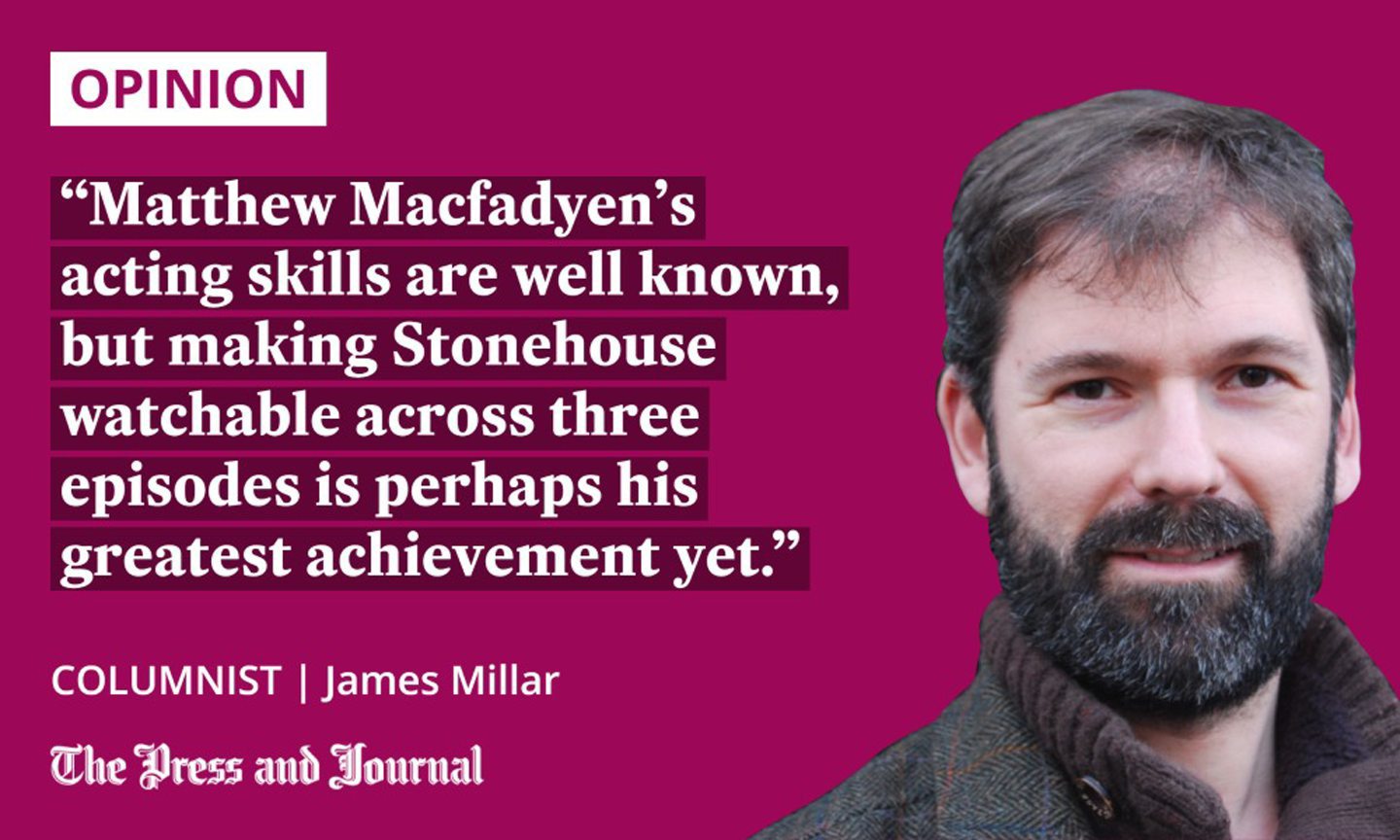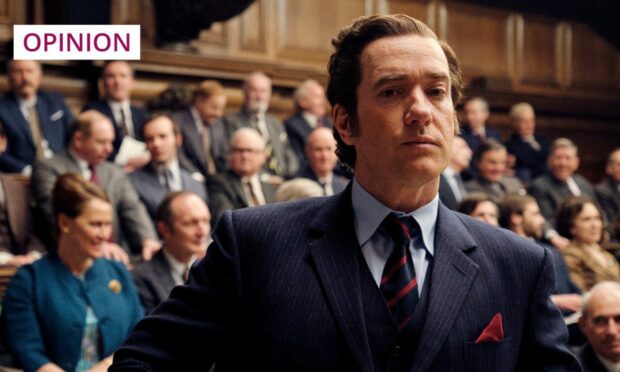John Stonehouse’s downfall triggered events that led directly to the redrawing of UK politics. It was much more than just a plot point, writes James Millar.
Sometimes, coincidence just comes for you.
At the start of last month, I finally got around to reading an intriguing book I’d picked up off a second-hand stall at a summer fair – Death of an Idealist by John Stonehouse. It was hastily written and published in the wake of the then Labour MP’s outrageous attempt to disappear in 1974, leaving just a pile of clothes on a Miami beach.
At the start of this month, I’m watching the same story on ITV prime time.
The book isn’t better than the TV show. In Death of an Idealist, Stonehouse comes across as arrogant as he is tiresome. Matthew Macfadyen’s acting skills are well known, but making Stonehouse watchable across three episodes is perhaps his greatest achievement yet.

In his book, Stonehouse recounts his journey to that Miami beach, from teenage idealist to middle-aged MP, worn down by the compromises and costs of a life in politics. Though the principle he seemed to prize above all others was having a wife and girlfriend on the go at the same time.
The faked death and the fairly swift ensuing discovery in Australia is such a startling tale that it’s inevitable it retains interest. But there’s a particular penchant right now for revisiting the politics of the 1970s.
There’s danger in revisiting the past as farce
Today’s events are similarly simultaneously silly, chaotic and knife-edge serious. And the issues of inflation, strikes and oil supply are present and incorrect in both eras.
Indeed, the most interesting thing about Stonehouse’s self-aggrandising book is the way the same issues pop up, but often with a different spin. He’s proud of selling planes to the Saudis, reckons there’ll one day be an EU superstate, and cannot conceive of a world without aerosols.
But, there’s also a danger in revisiting the seventies as farce.
The writer behind ITV’s Stonehouse was responsible for A Very English Scandal, the series about the unravelling of another 1970s politician, Jeremy Thorpe. It was a terrific watch. But it was too casual with the real people and the deep unpleasantness at the heart of the story.
Again, we can snigger at the fashions and decor in Stonehouse, but the man himself was a crook, a cheat, and a Czech spy. He was also the Labour Party’s parliamentary majority. His downfall triggered a chain of events that led directly to Tory victory in 1979, 1980s Thatcherism, and the entire redrawing of UK politics.
The current government is providing enough material for satirists and dramatists for decades to come. But, just as 50 years ago, there are hard times now that require serious politicians, and it’s no coincidence that the consequences will stretch into the future.
James Millar is a political commentator, author and a former Westminster correspondent for The Sunday Post

Conversation